The motor is the driving power behind the churning movement and water circulation of your pool. It's a critical component of your pool pump, and if your pump malfunctions, your pool could become filthy, increasing the chance of algae growth. To avoid these problems, it's critical to know if your pool pump motor is operating properly.
How long will a pool pump motor last? On average, a pool pump motor can last between 8 and 10 years before it needs to be replaced. If you hear a noise, such as screeching, humming, or even no noise at all, these are warnings that something has to be done.
Alternatively, your pool pump should last about 60 months on average. So, if you use your pool during the summer, you should anticipate your pump to last at least ten seasons. Its life expectancy will be shortened if you use it all year.
Make sure it’s the motor
If you're considering changing a component of your pool pump, ensure the entire pump is still in good working order. Examine the housing of your pump to ensure that everything appears to be in working order. Make sure there’s no dry or cracked housing; no rust, discolouration, or leaks should be present. Take your time analysing every aspect of the device because this is a wonderful method to rule out the need to replace the complete pump. Check cables and lines at the end to ensure they aren't frayed. Bolts should be tight and clear of debris.
If you notice a problem with your pool pump, such as broken housing, leaking fluid, or corroded bolts, you'll almost certainly need to replace it. If you've been having issues with your pool, a new pump will assure you that everything is in good order.
Strange sounds coming from the motor
If the overall pump appears to be in good working order, it's time to move on to the motor. Motors are easy to understand. It's either they're running, or they're not. Using your ears is the greatest approach to ensure that your motor is in good working order. Keep the pump housing open so that you can hear what's going on with the motor. You might want to wait till the rest of your neighbourhood’s sounds have died down for the evening. Listen for the following sounds while it's quiet:
Grinding
When you hear a loud grinding sound, it's usually an indication that the bearings have worn out. Bearings are the machine parts that keep the motor going. It's possible that your pump is leaking water or that the bearings need to be replaced rather than the entire motor.
Screeching
Screeching can also indicate that your motor bearings are worn out. These loud, often painful noises could also indicate rust or oxidation, making the bearings' task more difficult.
Humming
When you hear a peculiar humming sound coming from your motor, it's usually a sign that the capacitor has failed. This component supplies a charge to ensure that the motor runs smoothly. The most likely cause of your capacitor's failure is an electrical surge that causes it to overheat. Instead of replacing the entire motor, you can replace the capacitor.
Clicks and pops
Hearing a pop and a click when you turn the motor on might be a symptom of electrical failure, either inside your pump or your home. To figure out what's causing the power outage, you might have to undertake some electrical detective work.
There is no sound at all
If your motor is silent, it’s most likely dead and needs replacement.
Age of motor
If it's been 10 to 15 years since you installed the motor, you should consider replacing it. It may work for a few more months, but the end is approaching.
Pool pump motors at laguna Pools
A pool pump motor should last for a long time, granted it needs to be installed correctly and taken care of. However, it’s not too difficult to determine when it needs to be replaced or repaired. Our pool maintenance team is here to help you with all your pool maintenance issues. Laguna Pools has a terrific range of quality swimming pool pumps made by trusted and respected manufacturers.

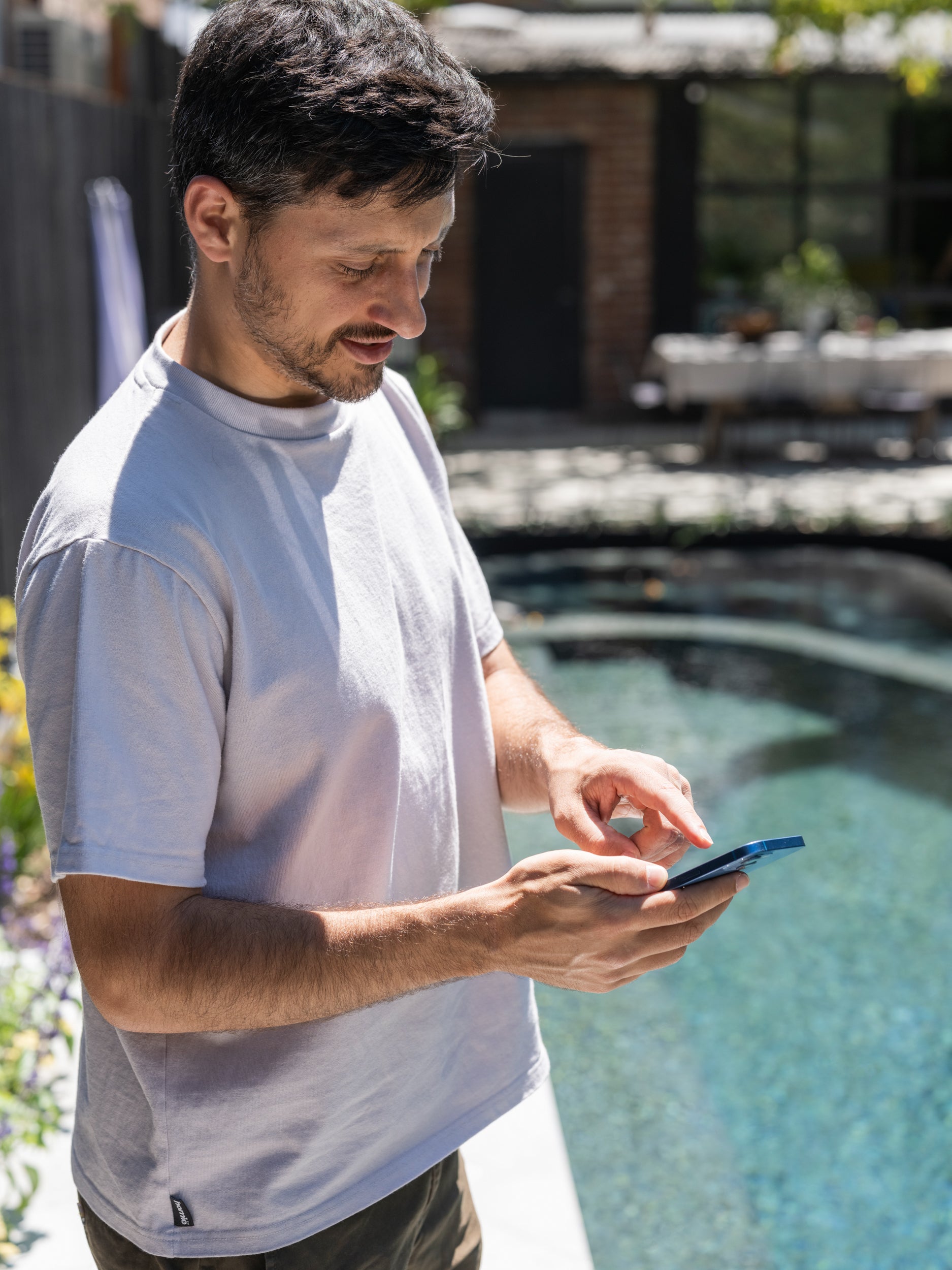
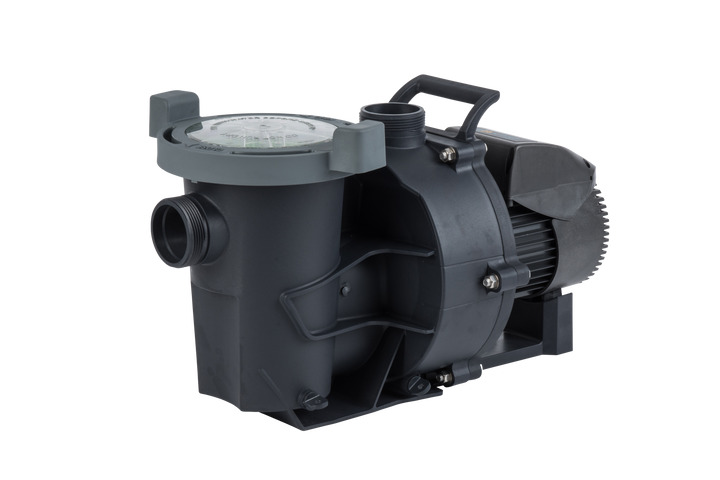
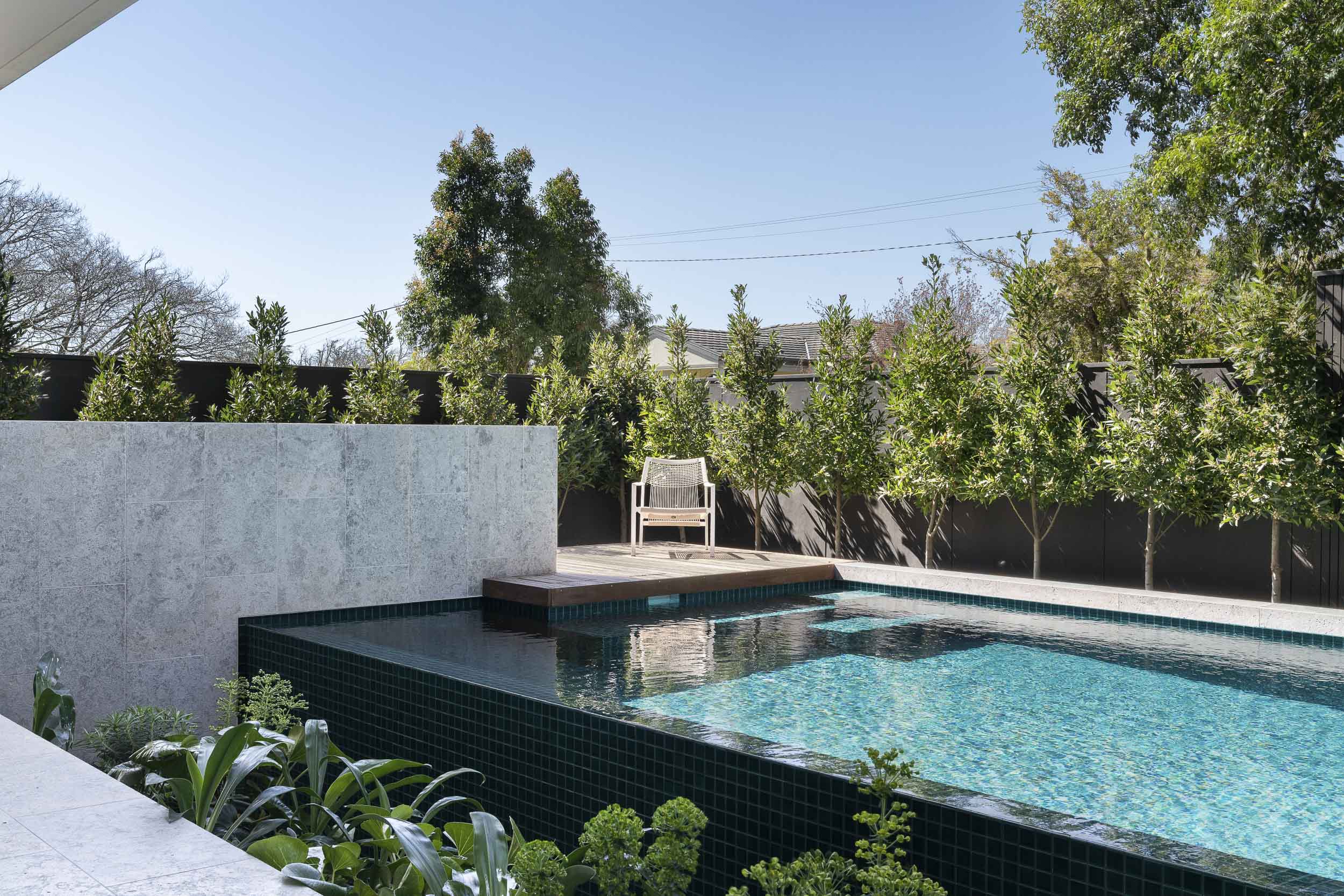
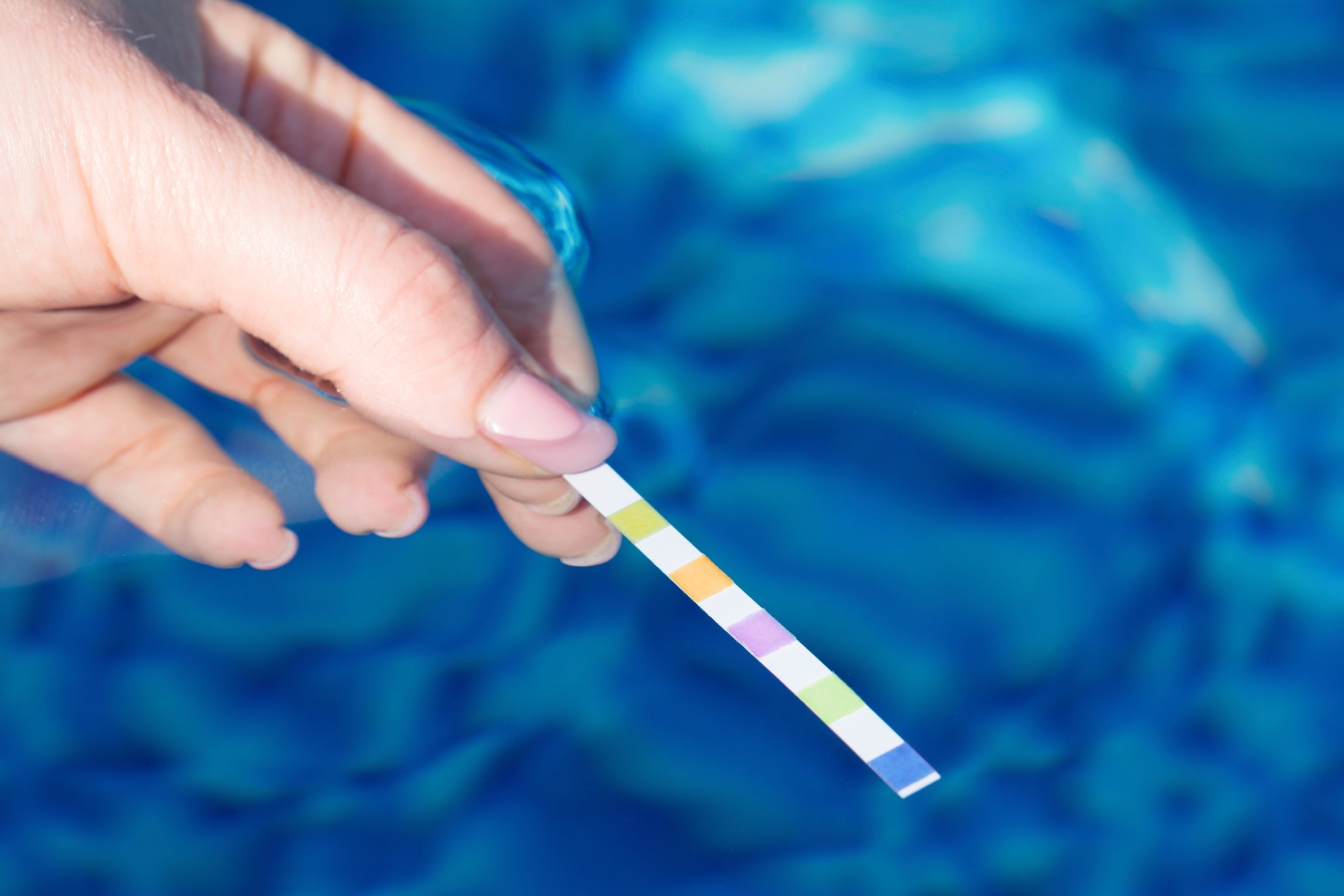
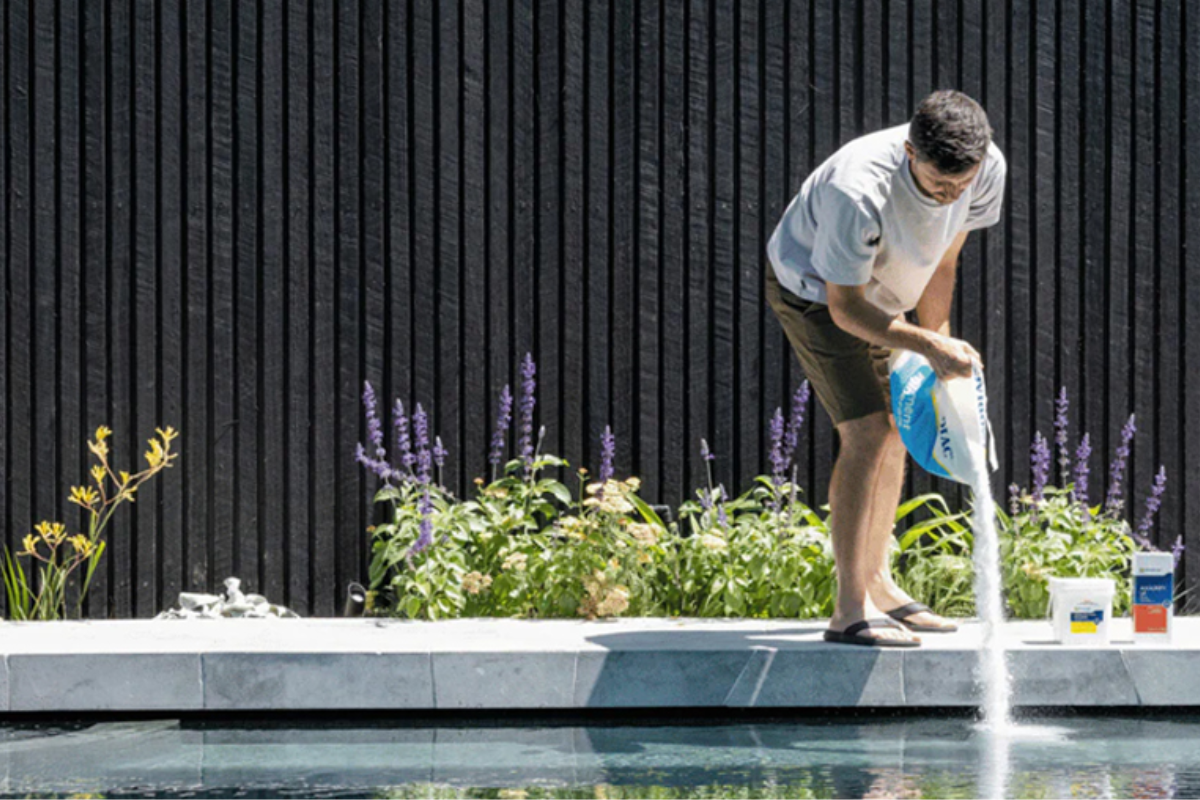
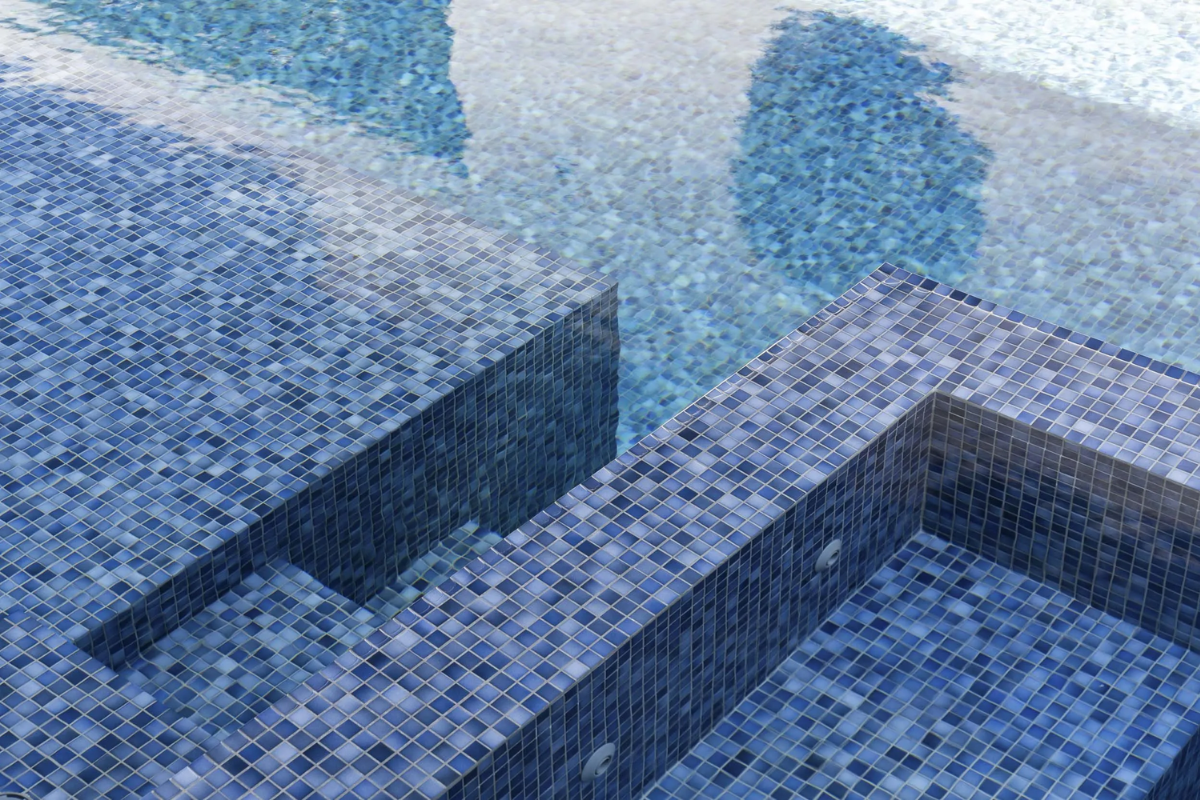
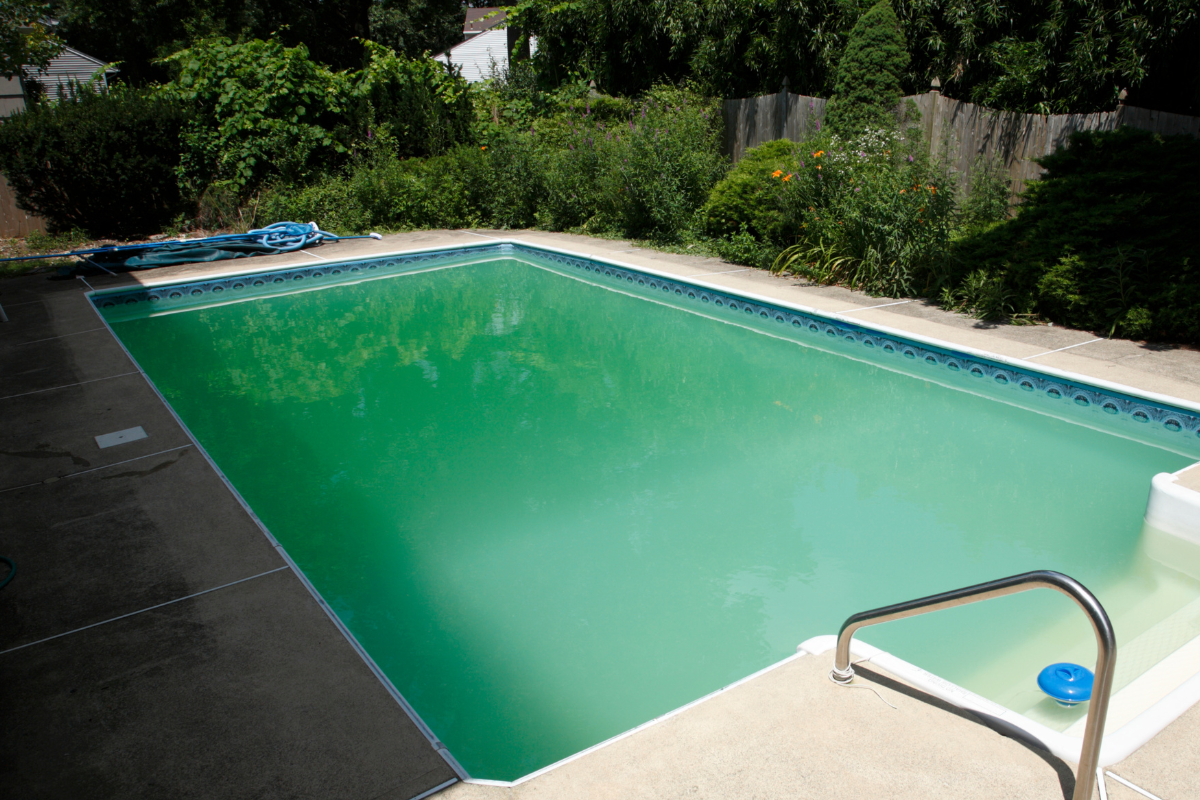
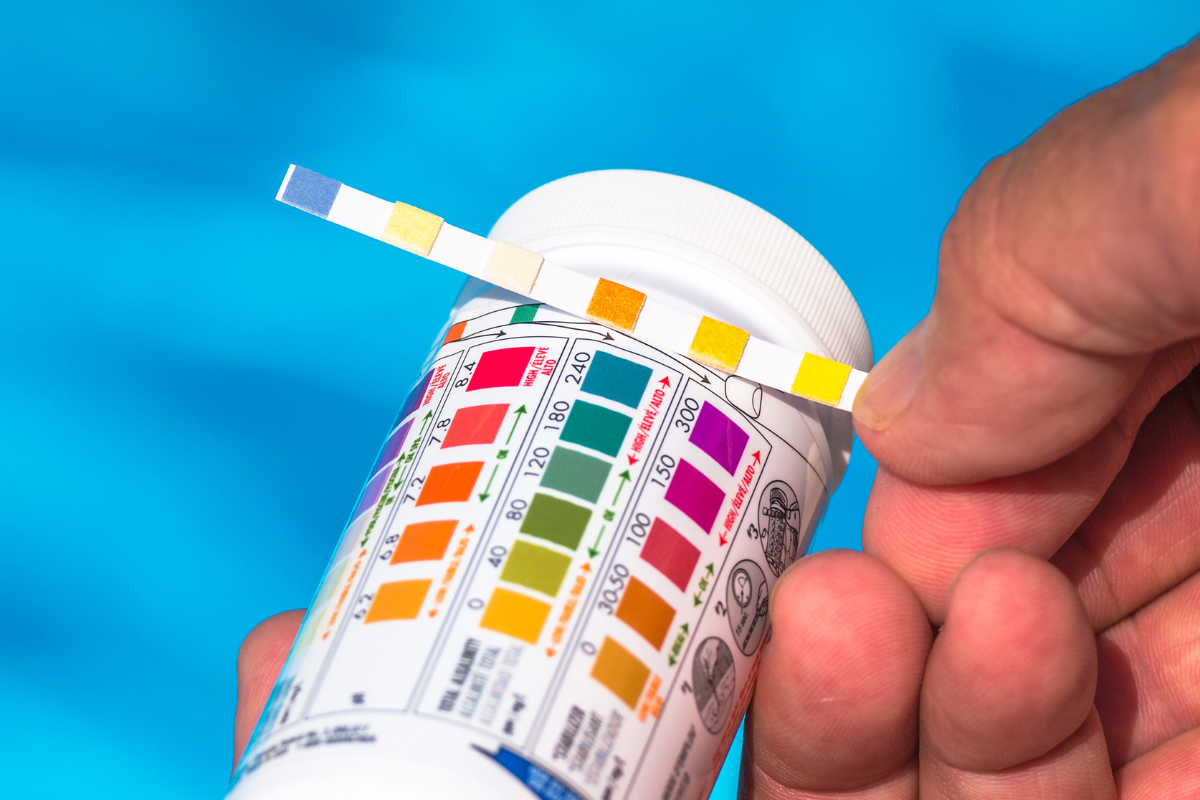
Share:
How To Use Pool Furniture To Create Your Ultimate Poolside Scene
What Are Dead Sea Minerals & What Are Their Benefits